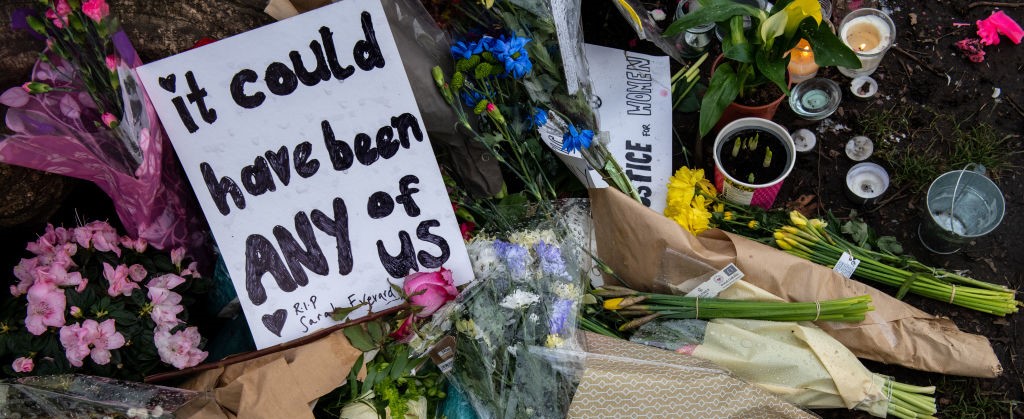The 50-year pay gap
The UK is now on track to close the pay gap with men. A girl born this week will see equal pay between men and women in her lifetime. Good news indeed – although she’ll have to wait till the time she will see her 50th birthday, in 2065.
On average, women will work for the rest of this year for nothing. Women in their fifties will have been working for the last six weeks and through to the end of the year for nothing.
Really short-changed part-time working women will have worked for free since late August. And women from black or ethnic minority backgrounds for even longer.
So this year, â€Equal Pay Day’ on November 9 was the day in the year when women effectively stop getting paid as a result of the gap.
Miserable
The World Economic Forum ranks Britain at 26th, a miserable positon for one of the largest economies in the world. Worldwide, women will see equal pay with men, according to the WEF gender pay gap calculators, in 2095.
Siobhan Endean, Unite, national officer for equalities said, “Our record on the equal pay gap is just unacceptable. In the UK we had been closing the gap but that has now stalled.
“The gap between women and men’s pay mean individual women, households and families are being short-changed. The earnings of women have been playing an increasingly important role in household income.
“Single women have a greater struggle to pay the rent or the mortgage because of the lack of equal pay. Households and families are also struggling more because of this.
Central
“Women’s pay is central to family and household income. Equal pay is a more important issue during austerity and low wage growth because every penny counts.
“Women still on average earn 19 per cent less than men – black, Asian and minority ethnic women face a larger pay gap. Amongst part-time workers the pay gap yawns to a staggering 38 per cent.
“Women unite members are highlighting our campaign for equal pay for work of equal value and the right to negotiate equal pay collectively with our employers rather than each of us asking for a pay rise on our own.
“The government’s trade union bill is an attack on our rights to trade union representation and organisation and is another attack on decent work and equal pay. The best way to tackle unfair pay is to be a member of a trade union.”
And the evidence to back this up is legion. Endean continued, “Unions that are recognised by your employer negotiate better pay and conditions – the difference in pay for trade union members is 16 per cent higher across all employees and 30 per cent for women.
“The gender pay gap in the unionised workplaces is 6 per cent compared to 22 per cent in the non-unionised workforce.
“This is because your trade union reps ensure there is fair and transparent pay rates for all. The trade union Bill is not just an attack on unions, but an attack on the fight to secure equal pay for women.”
Pictured are four of the brave Ford Dagenham machinists whose fight in 1968 led to the first equal pay act in 1970
 Like
Like Follow
Follow

